
His parents did not force him to take the entrance exam to a specialized school, but Nam, 15 years old, forced himself to "pass the exam at all costs" because he wanted to prove that he was worthy of his parents' praise.
The story was shared by Dr. Nguyen Khac Dung, lecturer at the Faculty of Psychology andEducational Sciences, Dai Nam University, and Deputy Head of the Clinical Department, Mai Huong Daytime Psychiatric Hospital, on April 11.
Nam was brought to the doctor in March, with severe symptoms of depression including withdrawal, irritability and negative thinking. "I want to take sleeping pills and never wake up again," the patient told the doctor.
He said that his goal throughout his four years of middle school was to get into a specialized high school, even though his parents always told him not to put too much emphasis on exams. When they saw him studying hard day and night, his parents advised him to reduce the pressure and emphasized: "Studying in a normal school is fine, we won't force him to take the specialized exams." However, Nam shook his head, determined that he had to "pass the exam at all costs."
During the conversation, Dr. Dung realized that Nam grew up with constant compliments from his parents and grandparents, such as "genius" or "best student in the family". These compliments made the male student build up an image of a perfect person, with the pressure to always maintain his grades and achievements.
However, when faced with increasingly difficult knowledge, high study intensity without any time to rest, Nam gradually became exhausted and irritable. Bad grades began to appear, but instead of adjusting his goals or resting, he blamed himself and put more effort into achieving the expectation of "perfection".
Nam was prescribed medication and psychotherapy by Dr. Dung. The recovery process takes a long time and there is a possibility of the disease recurring if not treated thoroughly.
Ngoc, 14, was also caught in the praise trap. Since childhood, she has always achieved high results, and her parents praised her as "talented" and "smart", along with promises and attractive rewards. Parents often share their children's achievements on social networks to "flex".
This made Ngoc gradually feel that she "had to be perfect". She was afraid of making mistakes, afraid of being criticized, did not dare to ask the teacher when she did not understand the lesson, and always spent double the time to ensure the best possible homework. One time, when she got a score of 7, she hid her test paper, did not dare to tell her parents, and then cried alone in her room.
Gradually, Ngoc became quiet, anxious, had insomnia, and her academic performance declined. Examined at Mai Huong Daytime Psychiatric Hospital, Ngoc was diagnosed with mild depression. "I always feel like I have to force myself to be worthy of the compliments and expectations from my parents," she shared with the doctor in tears.
According to Mr. Dung, the story of Nam and Ngoc is an example of an increasingly common social psychological phenomenon: toxic positivity. This is a state when a person forces themselves or others to only look at the positive side, refusing to face negative emotions. This creates a vicious circle, denying one's true feelings, and forcing the person involved to run after unrealistic standards, leading to stress and disappointment.
"The consequences of toxic positivity are extremely serious," the doctor said. Children who are often praised or compared will develop a feeling of dissatisfaction if they are not praised for a day. Worse, children do not accept criticism and are easily psychologically unstable when criticized. Instead of trying new things, children gradually only dare to do what is familiar or cannot fail, thereby losing their creativity and becoming sensitive to other people's opinions.
Additionally, excessive praise can create social damage. Psychologists say that children who receive too much praise are more likely to think of themselves as “superior” to their peers, leading to a conceited attitude. One study found that these children tend to expect admiration and special treatment from those around them. When they don’t get it, they feel disappointed, angry, or resentful. Their self-esteem becomes completely dependent on external validation, and is easily shaken by challenges or rejection.
In addition, experts also warn of the phenomenon of "false ego" in children - a mask that children wear to meet the expectations of their parents or society. According to psychologist Nguyen Thi Huong Lan, this mask hides the true feelings of helplessness inside. This is the cause of the accumulation of melancholy, making children prone to depression or anxiety, especially in sensitive adolescence.
What kids really need is not excessive praise but respect and acceptance, experts say. Good praise should be thoughtful, timely and consistent with genuine effort. Most importantly, parents should teach their kids how to deal with failure, rather than creating a “no-mistakes” mentality.
"When children feel accepted and loved unconditionally, they will have strong inner strength to overcome difficulties and become confident and realistic individuals," said Ms. Huong.
TB (according to VnExpress)Source: https://baohaiduong.vn/ganh-nang-tam-ly-tu-loi-khen-con-me-gioi-qua-409230.html








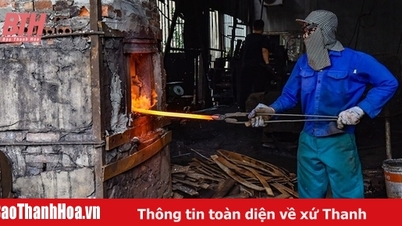

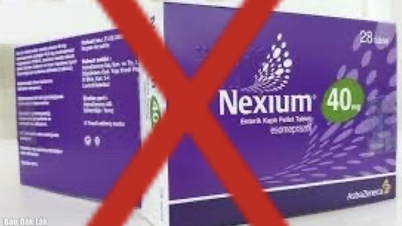

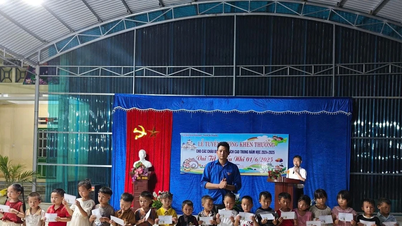





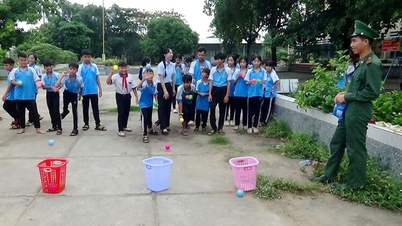






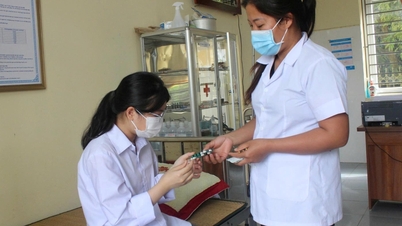







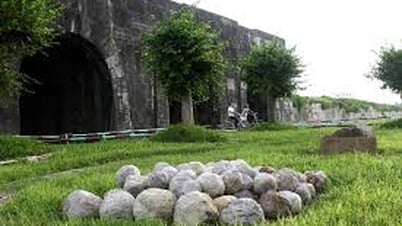

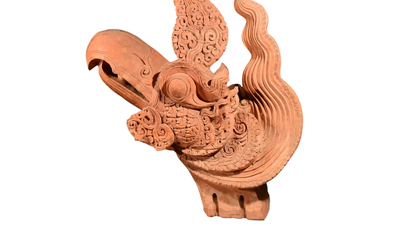




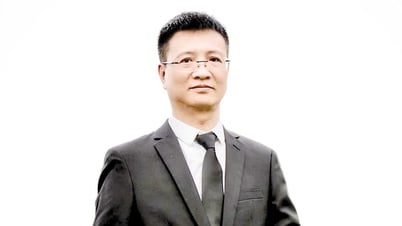



















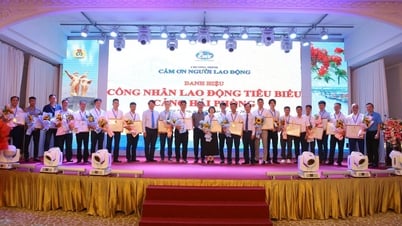
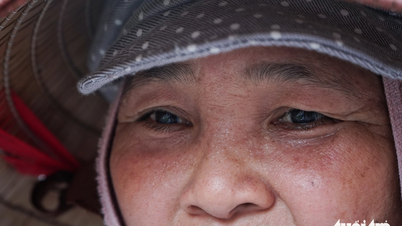



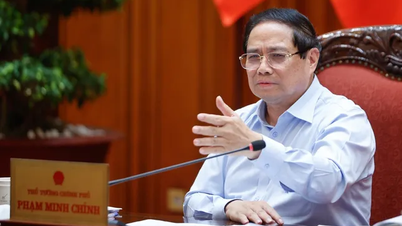




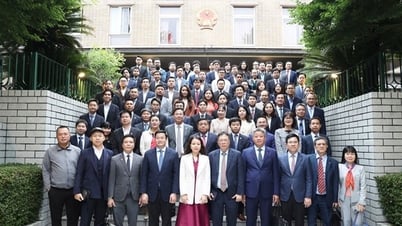





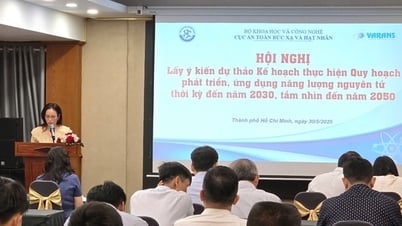

















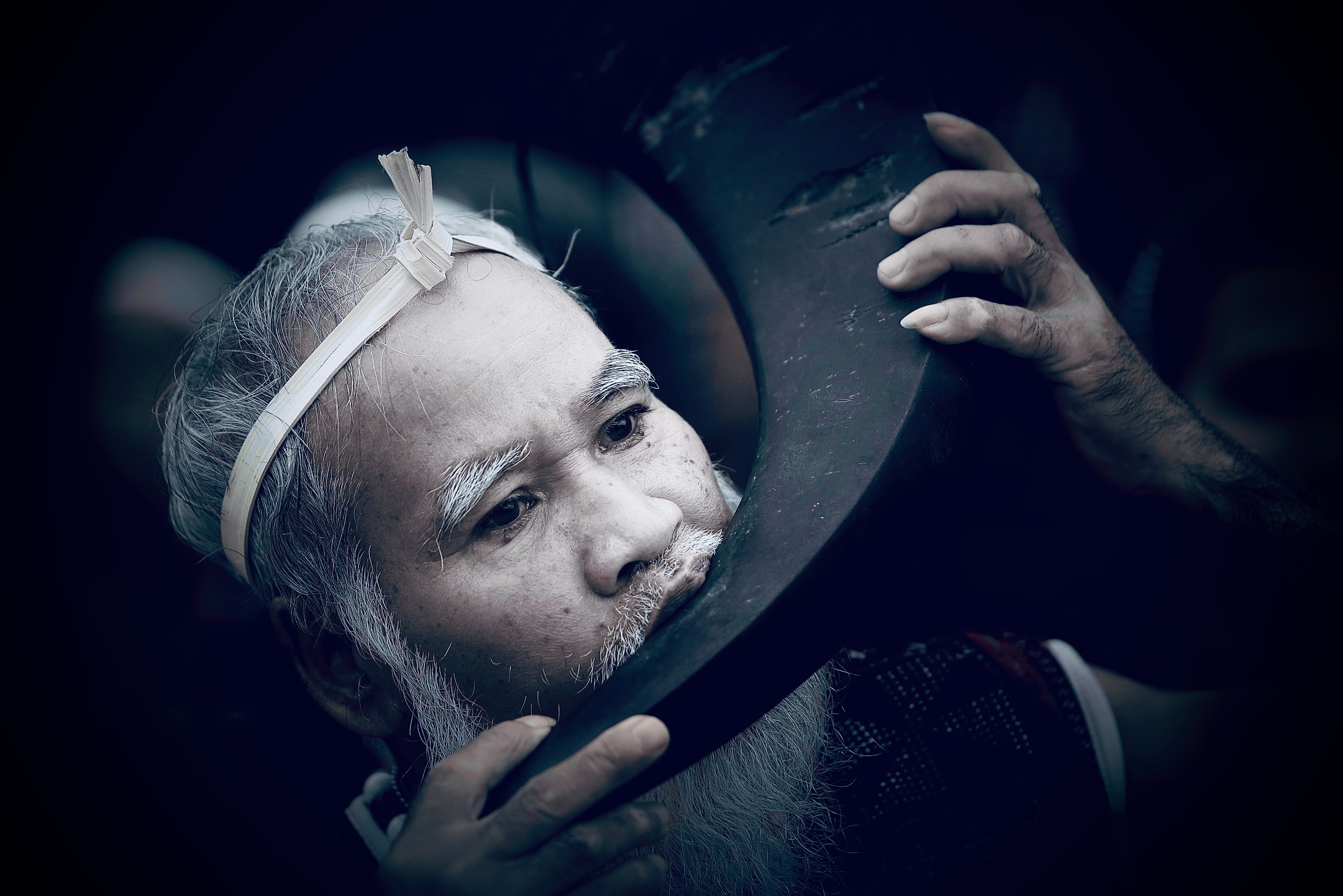



Comment (0)